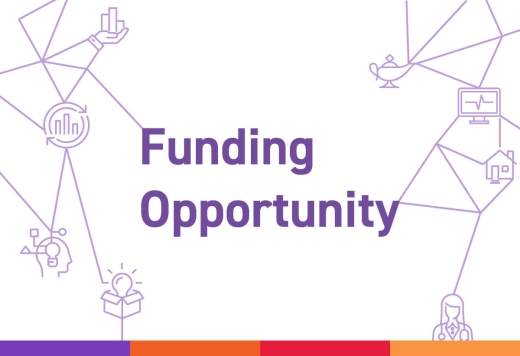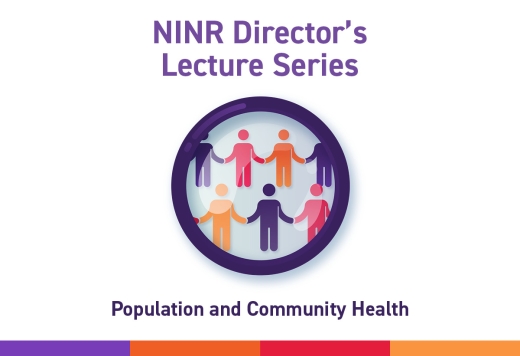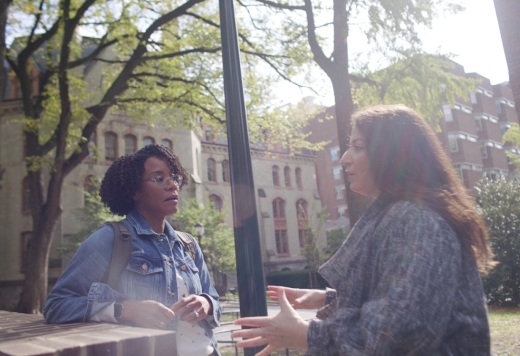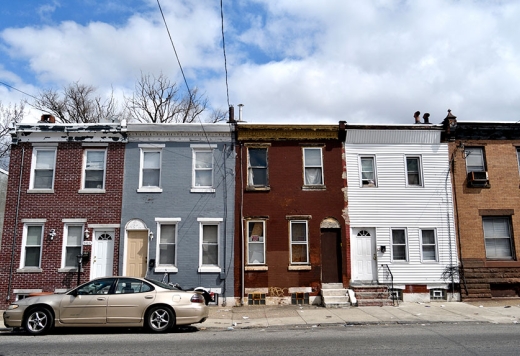The population and community health lens addresses critical health challenges at a macro level that persistently affect groups of people with shared characteristics. Discover research, funding, and other announcements aligned with our population and community health lens.
News

NINR published a funding opportunity supporting the development of interventions that make significant, sustainable improvements in health outcomes of rural populations. Application Due Date: May 17, 2024

NINR has published a funding opportunity as part of the Bridge-to-Care Initiative supporting studies examining the impacts of an intervention or program on a health outcome. Application Due Date: March 22, 2024
Events

On April 2, 2024 at 11:00 a.m. (ET), NINR will host a pre-application webinar for funding opportunity announcement RFA-NR-24-005: Strategies to Improve Health Outcomes and Advance Health Equity in Rural Populations (R01 Clinical Trial Optional).

On July 12, 2023, from 11:00 a.m. - 12:00 p.m. (ET), Dr. Sarah A. Stoddard, Associate Professor of Nursing and Health Behavior & Health Education at the University of Michigan, and Dr. Paul Kuehnert, President and Chief Executive Officer of the Public Health Accreditation Board, will be presenting research priorities and the practice and policy implications of nursing research through the population and community health lens.
Featured Research

Motivated by her work as a trauma nurse, Dr. Sara Jacoby’s NINR-funded dissertation used ethnography to explore the experience and perceptions of Black patients with traumatic injuries.

This NINR-funded study examined the contribution of neighborhood characteristics to post-traumatic stress disorder (PTSD) and depressive symptom severity in Black males following serious injury.

Community-Based Participatory Research (CBPR) is often used to understand community perspectives and address challenging issues including health inequities caused by structural racism. Much of the existing literature emphasizes relationships and synergy between academic researchers and community partners rather than structural components of CBPR.






